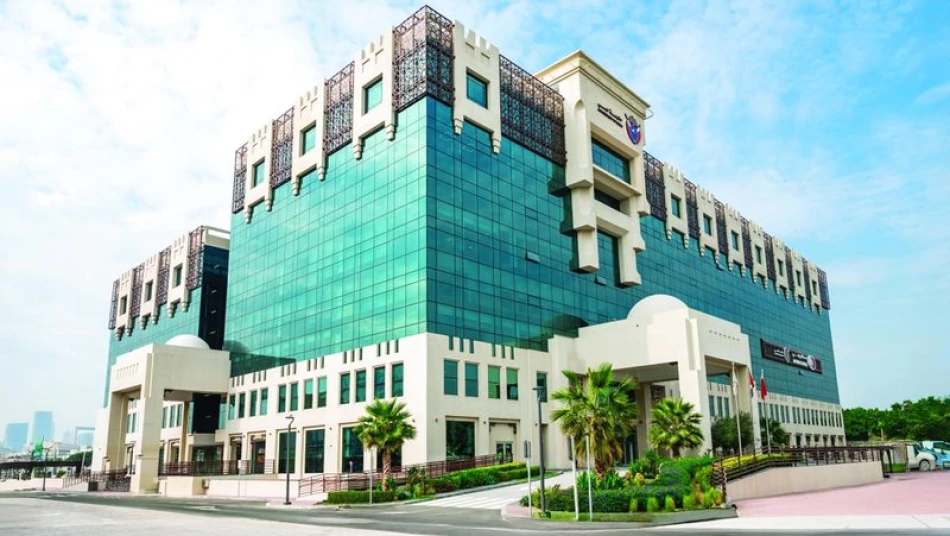
Fitness Injection Scandal Leads to $2.8 Million Compensation Claim
A Dubai court rejected a 10.4 million dirham lawsuit filed by a pharmaceutical company that claimed it was falsely accused of selling counterfeit weight-loss injection needles. The company couldn't prove its case after health authorities raided its warehouse following allegations from another firm.
The dispute started when a pharmaceutical company tried to sell 6,000 medical injection needles to another business at an unusually low price of 1,734 dirhams per needle. These needles are popular weight-loss treatments that typically cost much more.
The buyer got suspicious about the rock-bottom pricing. So they contacted the original manufacturer directly to check if the deal was legitimate. The manufacturer told them the products were likely counterfeit and that they had no business relationship with the seller. They advised the buyer to stop all dealings immediately.
Things escalated when Dubai Health Authority officers showed up at the seller's warehouse for an inspection. The pharmaceutical company that got raided claimed this happened because the buyer had falsely reported them for selling fake products. They sued for damages, saying the false accusations hurt their reputation and business.
But the defendant company denied filing any complaint. They said they simply stopped communicating with the seller after the manufacturer warned them off. They claimed they had no idea who actually triggered the health authority investigation.
The case highlights ongoing challenges in the pharmaceutical supply chain, especially for high-demand treatments like weight-loss injections. Counterfeit medical products are a serious concern for regulators worldwide, and authorities often investigate when pricing seems too good to be true.
Dubai's court system requires plaintiffs to prove their claims with solid evidence. The judge noted that proving negligence requires three elements: fault, damage, and a clear connection between the two. The pharmaceutical company failed to provide documents showing the defendant actually made false accusations or caused the warehouse raid.
The court ruled the company "failed to prove its case" and couldn't demonstrate that the defendant's actions directly caused any damages. The judge ordered the plaintiff to pay all court costs and legal fees.
This case shows how quickly business disputes can turn into expensive legal battles in the pharmaceutical sector. It also demonstrates that Dubai courts take a strict approach to evidence when companies seek large damage awards.
Most Viewed News

 Sara Khaled
Sara Khaled






